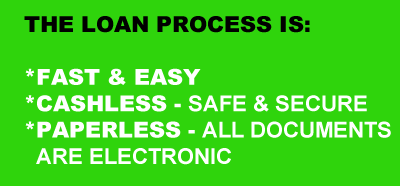Access to credit is a practical necessity in today’s economy. Much more than a means to make purchases, credit enables individuals and businesses to meet every day needs. It’s a sad reality that many people do not realize the importance of credit until their access becomes limited.
People without credit access have fewer choices of housing and employment, and often turn to predatory lenders to pay for emergencies.
Credit comes with both positive and negative associations, most of them tied to its use with consumer goods. Used responsibly, credit allows for people to acquire things normally outside the scope of their disposable income and will vary from person to person relative to their level of lifestyle and needs.
For a high-end salary earner, the importance of access to credit is easily understood. Buying a car, a home, or pay for a child’s tuition all of which has significant value, but most people need credit to obtain these. Similarly, a lower income earner will experience similar needs but for different things like school fees, access to a mobile phone, or even paying for transport, supporting their ability to get to and from work.
Access to credit is vitally important, and many people are excluded from this benefit for a variety of reasons.
-
- Being ‘new to credit’ with not enough history on their bureau record for lenders to make a risk decision.
-
- Just started work with your company with some period without salary. The first month on a new job is often the hardest especially if they have been through a period of unemployment and payment on credit commitments have suffered, leaving an impaired credit history.
-
- Bad credit record due to previous loans not managed properly. The learning comes too late, and the damage is done.




